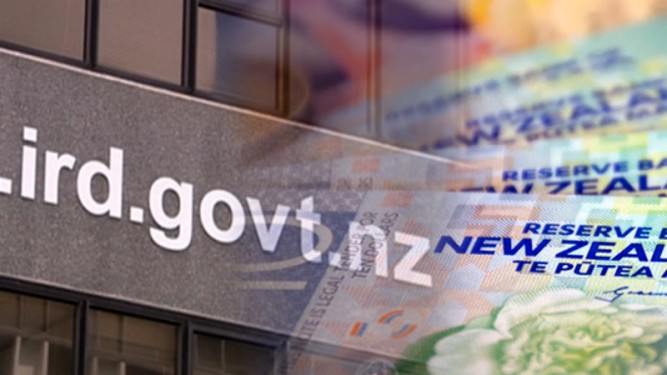PHOTO: Inland Revenue. FILE
According to STUFF Inland Revenue says putting the spotlight on real estate agents’ incomes has led to fewer private expenses being claimed when they should not have been, including for things such as clothes and grooming.
It expanded its “hidden economy” focus – a project of work looking at transactions that are not being disclosed to Inland Revenue, including in areas such as hospitality and the trades – to cover the real estate sector last year.
It was concerned about people understating their income and overstating their expenses, which resulted in them paying less tax than they should.
“Real estate is one area that is booming during Covid and our analysis of the sector suggests real estate agents commonly claim a high level of expenses relative to their income,” spokesperson Richard Owen said at the time.
Inland Revenue’s hidden economy lead, Trevor Jeffries, said now that more than 90% of the expected returns had been filed for 2021, the department had compared the results to earlier tax years.
“What the analysis tells us is that the trend we identified of increasing private expenses being claimed has been reversed and we are now seeing less private expenditure being claimed,” Jeffries said.
Inland Revenue started the campaign because a number of real estate agents appeared to be claiming private expenses against their business income, or claiming expenses without supporting business records, paying GST on net income rather than gross, and not including wage subsidy payments with their annual tax returns.
“IR has monitored and reviewed 2021 tax returns that fell outside industry norms. Common errors include claims for gifts, personal clothing and grooming, meals, and entertainment expenses, alongside issues such as calculation of home office and vehicle expenses,” Jeffries said.
“Another common error was the underreporting of income for GST purposes, where customers incorrectly used the net amount deposited to their bank account as income for GST purposes.
“If we are concerned that someone has overclaimed expenses, they will receive a letter from us requesting they prove the expenses claimed. That ‘proof’ can include things like bank statements, invoices, a logbook, and any other information to confirm the expense is deductible.
“Only a small number have been referred for audit action. Prosecution is an option of last resort.”















